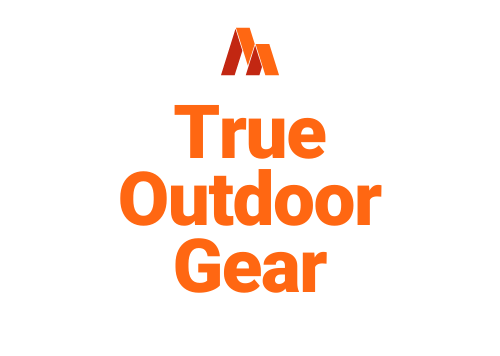Winter camping can be a wonderful and unique experience, but it requires careful preparation. One of the key elements of any winter camping trip is ensuring that you stay warm, and propane can be a great fuel source for camping heaters, stoves, and other appliances. However, it’s important to have a good understanding of how propane behaves in freezing temperatures in order to ensure a safe and comfortable trip.
Propane is a popular choice for camping fuel because it is clean-burning and efficient. However, it is important to understand that propane can freeze in cold temperatures, which can cause problems with valves and hoses. In order to use propane safely and effectively in colder temperatures, it’s essential to take precautions to prevent freezing.
In this guide to winter camping with propane, we will explore the properties of propane, provide tips for using propane heaters, and offer advice for storing and using propane tanks in colder temperatures. By following these guidelines, you can stay comfortable and warm on your winter camping trip.
Propane Properties
The freezing and boiling points of propane, -306.4F (-188 C) and -43.6F (-42C) respectively, reveal that propane is a highly stable and reliable fuel for winter camping. Due to its low freezing point, propane does not freeze on Earth, making it an ideal choice for camping in cold weather. However, ice can form in hoses or valves, leading to restricted propane flow at extreme cold temperatures due to humidity in lines and regulators.
Overfilled tanks can also restrict gas conversion, while propane can remain in liquid form and not flow at or below its boiling point in rare cases. It is essential to understand the properties of propane to ensure safe and efficient usage during winter camping.
Propane heaters are an excellent option for staying warm in cold weather, and smaller heaters are available for propane tanks. It is wise to consider a tent-rated heater to avoid any potential safety hazards. RVs can have built-in propane storage and forced air heaters powered by electricity. However, propane tank top heaters are not recommended for use in confined spaces.
Proper storage and usage of propane are crucial during winter months. Propane tanks can be left covered or uncovered outside on a flat surface and should be removed from tents or RVs and kept upright with the spigot on top. Additionally, a standard one-pound propane cylinder is available at several retailers, making it easy to refill propane tanks during winter camping trips.
Propane Heaters
Efficient heating during cold weather camping can be achieved using heaters powered by propane, which can come in various sizes and types. Smaller heaters are available for propane tanks, and it’s wise to consider a tent-rated heater to ensure adequate heating for your tent.
RVs can have built-in propane storage and forced air heaters powered by electricity, which can provide a more consistent and comfortable heating experience.
When using propane heaters, it’s important to follow proper safety precautions, including proper storage and usage of propane during winter months.
Propane tank top heaters are not recommended in confined spaces, as they can produce carbon monoxide. It’s also important to ensure that propane tanks are kept upright with the spigot on top and removed from tents or RVs.
Additionally, it’s wise to keep a standard one-pound propane cylinder on hand for backup in case of any issues with the main propane source.
With proper usage and maintenance, propane heaters can provide a comfortable and efficient heating experience during winter camping trips.
Propane Storage and Usage Tips
Proper storage and usage of propane can ensure safety and reliable heating during cold weather excursions. It is important to store propane tanks in a safe and secure location away from heat sources and flammable materials. Tanks should always be kept upright with the spigot on top to prevent leaks or damage to the valve. It is also recommended to cover tanks with a protective layer to prevent moisture accumulation.
When using propane, always follow the manufacturer’s instructions and guidelines. Never use propane heaters or stoves in enclosed or poorly ventilated areas as this can lead to carbon monoxide poisoning. Always check for leaks before lighting any propane appliance and never use a damaged or leaking tank. It is also important to never overfill tanks as this can lead to gas conversion issues in colder temperatures. Refer to the table below for additional propane storage and usage tips.
| Propane Storage Tips | Propane Usage Tips |
|---|---|
| Store tanks in a cool, dry place | Always use propane in a well-ventilated area |
| Keep tanks upright with the spigot on top | Never use propane in enclosed or poorly ventilated spaces |
| Cover tanks with a protective layer | Check for leaks before lighting any propane appliance |
| Never store tanks near heat sources or flammable materials | Never use a damaged or leaking tank |
| Regularly inspect tanks for damage or leaks | Avoid overfilling tanks to prevent gas conversion issues |
By following these storage and usage tips, individuals can ensure safe and efficient use of propane during winter camping trips. Remember to always prioritize safety and take necessary precautions to prevent accidents or harm.
